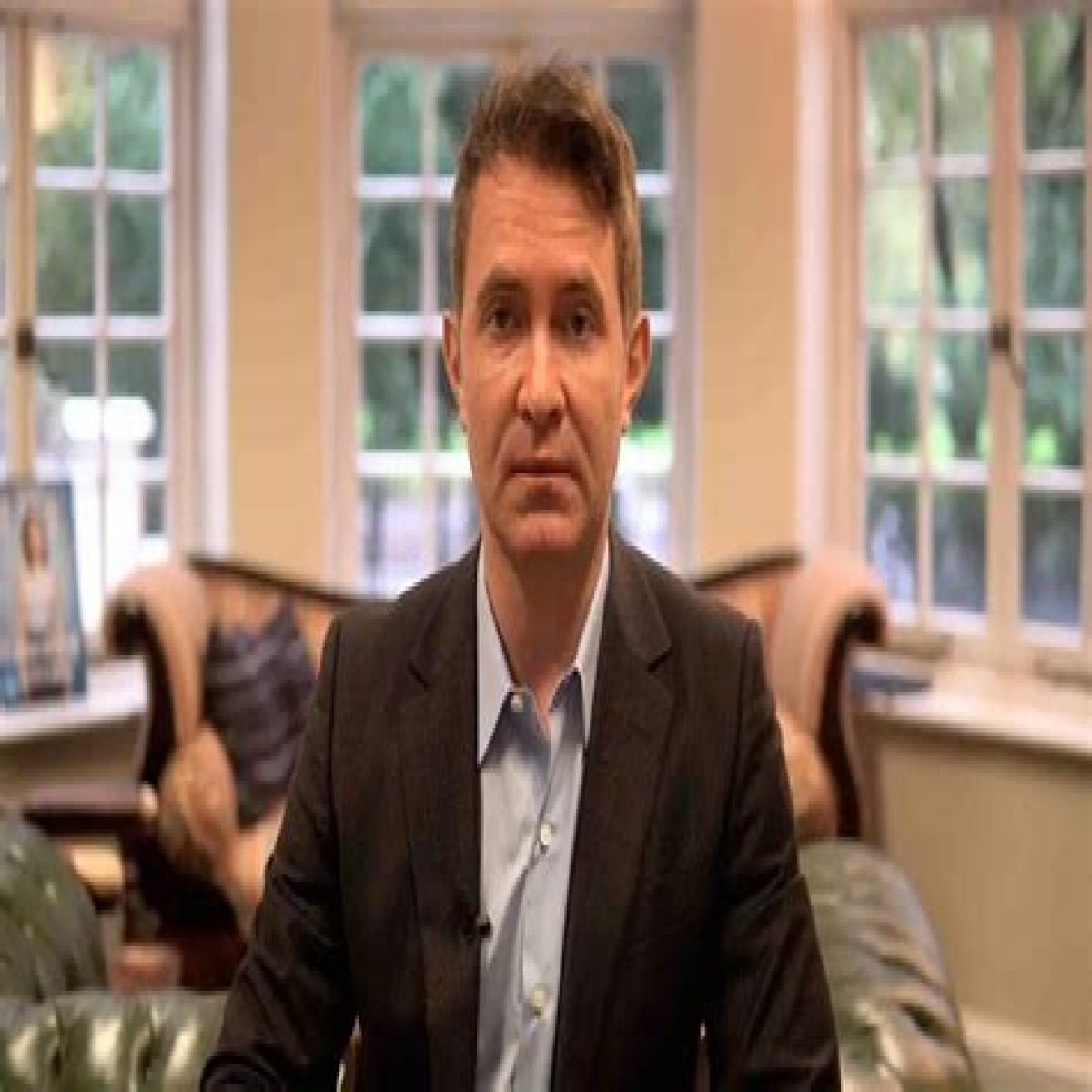Douglas Murray, a prominent British author, journalist, and political commentator, has long been a figure of controversy and intrigue in media and literary circles. Known for his incisive critiques of contemporary culture and politics, he has become a voice of reason for some and a polarizing figure for others. As discussions surrounding identity and sexuality grow ever more complex, many have begun to question the sexual orientation of figures like Murray, leading to an exploration of the nuances surrounding these topics.
In recent years, Murray has been at the forefront of debates concerning freedom of speech, cultural identity, and the implications of political correctness. However, his views on LGBTQ+ issues, alongside his personal life, have sparked curiosity and speculation. While Murray has been open about his thoughts on various social issues, the question of whether he identifies as gay remains a topic of discussion amongst fans and critics alike. This article aims to delve deeper into the life of Douglas Murray, examining his biography, personal beliefs, and public persona that have shaped the conversation around his sexual orientation.
As we navigate through the various facets of Murray's life, we will address the pertinent questions surrounding his identity, exploring the societal implications of labeling public figures as gay or straight. In a world where personal identity can often be a matter of public discourse, understanding the complexities of Douglas Murray's life and views can provide valuable insights into the broader conversation about sexuality and identity in today's society.
Who Is Douglas Murray? A Brief Biography
Douglas Kear Murray was born on July 16, 1979, in London, England. He is a well-known writer and commentator, recognized for his contributions to various publications including The Spectator, The Times, and The Wall Street Journal. Murray is also the author of several influential books, including "The Strange Death of Europe" and "The Madness of Crowds." His work often focuses on the challenges facing Western civilization, including immigration, identity politics, and radical Islam.
Douglas Murray's Personal Details
| Name | Douglas Kear Murray |
| Date of Birth | July 16, 1979 |
| Place of Birth | London, England |
| Occupation | Author, Journalist, Political Commentator |
| Notable Works | "The Strange Death of Europe," "The Madness of Crowds" |
| Nationality | British |
What Are Douglas Murray's Views on LGBTQ+ Issues?
Murray has been vocal about various social issues, including those affecting the LGBTQ+ community. He has often emphasized the importance of free speech and open dialogue about sensitive topics, believing that honest discussions can lead to better understanding and acceptance. However, his critiques of certain aspects of the LGBTQ+ movement have drawn both support and criticism, leading to questions about where he stands on these matters.
Does Douglas Murray Identify as Gay?
While some have speculated about Douglas Murray's sexual orientation, he has not publicly identified himself as gay. However, he has written about his experiences and perspectives on homosexuality, contributing to discussions about sexuality and identity in the modern world. Murray's reluctance to label himself may stem from a desire to avoid being pigeonholed or reduced to a single aspect of his identity.
How Has Murray's Personal Life Influenced His Views?
Douglas Murray's personal experiences and relationships have undoubtedly shaped his perspectives on various social issues. Growing up in a society where discussions about sexuality and identity were often fraught with tension, he has developed a nuanced understanding of the complexities surrounding these topics. His friendships and connections within the LGBTQ+ community have also influenced his outlook, allowing him to engage in meaningful conversations about acceptance and understanding.
What Role Does Douglas Murray Play in the Current Discourse on Identity?
Murray is often viewed as a provocateur in contemporary discussions on identity, particularly when it comes to the intersection of politics and personal identity. His willingness to tackle contentious subjects head-on has made him a prominent figure in debates surrounding cultural identity, freedom of speech, and the implications of political correctness. By challenging prevailing narratives, Murray encourages others to think critically about the complexities of identity in the modern world.
How Does Douglas Murray's Work Reflect His Beliefs?
The themes present in Douglas Murray's writings often reflect his beliefs about the importance of free speech, cultural identity, and the challenges facing contemporary society. His books and articles provide a platform for exploring these issues in depth, prompting readers to confront difficult questions about identity, belonging, and the societal pressures that shape our understanding of self. Through his work, Murray seeks to foster a dialogue that transcends traditional boundaries and encourages a more inclusive conversation about identity.
What Can We Learn from Douglas Murray's Perspective on Identity?
Douglas Murray's approach to discussions about identity offers valuable insights into the complexities of self-discovery and acceptance. By navigating the interplay between personal experiences and societal expectations, he highlights the importance of understanding and respecting diverse identities. Ultimately, Murray's perspective encourages openness and dialogue, inviting individuals to engage with their own identities and the identities of others in meaningful ways.
In conclusion, the question of whether Douglas Murray is gay remains unanswered, as he has not publicly identified himself as such. However, his contributions to discussions surrounding identity and sexuality have made him a significant figure in the ongoing discourse. By exploring his life, work, and beliefs, we gain a better understanding of the complexities surrounding identity in today's world and the importance of fostering a culture of acceptance and dialogue.
Unveiling The Star Power Of Spartacus ActressesUnraveling The Mystique Of Rosalita: The Bruce Springsteen MeaningTaylor Dooley's Age In Sharkboy And Lavagirl: A Journey Through Time
